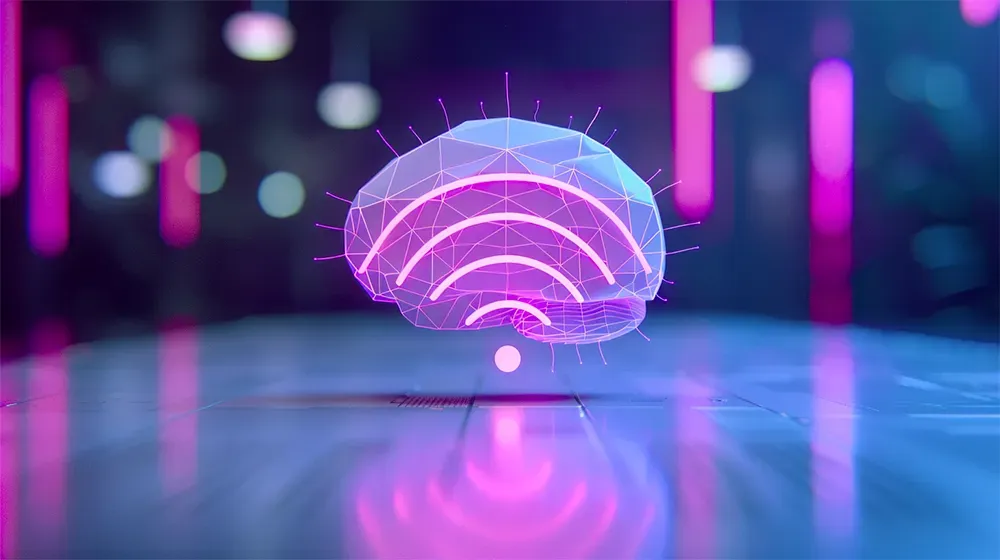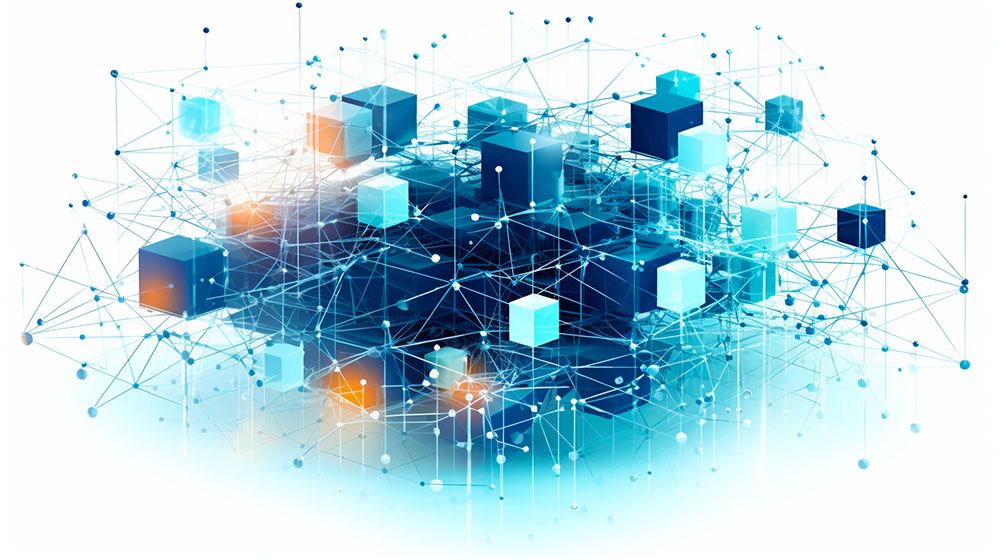Why Datafication is Key for the Organisation of Tomorrow

Imagine, it is Friday afternoon, and after a long week at work, you and your colleagues decide to go to the bar to unwind and refresh with a nice cool glass of beer. You go to your favourite pub and upon reaching the bar order a few pints. However, instead of the bartender giving you your beloved beer, he hands you a plastic card and tells you that from now on, you can pour your own beer as much as you want and as often as you want.
Of course, if you wish, the bartender can still serve you, but with the new system you can try any beer that you wish and have as little or as much as you want. If you want to try out the new American Pal Ale but only want a small glass because you are not sure if you will like it? Go ahead. If you feel more like a pint of a Summer Ale, it’s all up to you. The new system automatically calculates the amount of beer you consume.
You pay your tab at the end of the evening, just like always. As the evening progresses, you and your colleagues try out varies new types of beers, which you would normally never order as you were limited to buying a half-pint glass or larger. In the end, your bill is higher than normal, but you had a great evening.
This might sound like a far-off scenario, but in reality, it is already possible. It shows exactly the enormous possibility of analytics. A few years ago, the Israeli company Weissbeerger developed a system that enables bar owners to equip their kegs of beer with sensors to datafy their beer-pouring activities. This system enables customers to tap their own beers and pay exactly what they consume. It also enables the bar owner to know exactly which beers are selling when, at what time of the day and to whom. This is valuable information for the bar owner, as it enables the bar owner to order more beer at the right time since they know exactly how much of which beer is consumed when. However, it also shows which bartenders are giving beers away for free, pour for their own consumption or how much of the draught beer pour is inaccurate.
For many breweries and bar owners, this information would be the holy grail of beer pouring. Especially, because breweries often spend vast amounts of money on marketing activities and market research but remain in the dark in terms of the ‘last mile’ of information. Research by the company Weissbeerger showed that bars that installed their system not only had more information about who consumed what and when, it also helped them to take simple corrective actions for the ‘generous bartender’. Those bars that installed the self-serve system saw their consumption rise by a whopping 30%.
Weissbeerger’s sensor technology and consumption analytics show the power of big data analytics. Providing relevant insights can contribute to improving your organisation and increasing your revenue. It shows that access to the data alone is not sufficient. Only if you are capable of doing something with the insights derived from the data, can you actually make a difference for your customers and shareholders. Nevertheless, it starts of course with data and only if you have access to data, you can analyse that for insights. Therefore, the organisation of tomorrow can only succeed if it has digitised and datafied every, or at least most of the ideas, processes and customer touchpoints.
Digitalisation vs Datafication
It is important to note the difference between digitalisation and datafication. Digitalisation refers to the conversion of information into digital format. For example, converting music into MP3 files, photos into JPEG, text to HTML and analogue video to YouTube videos. Doing so will increase your available data exponentially. Digitalisation, therefore, means capturing human ideas in digital form for transmission, manipulation, re-use and analysing.
Datafication, on the other hand, refers to turning analogue processes and customer touchpoints into digital processes and digital customer touchpoints. This means collecting data within every part of your organisation: HR data, financial data, social media data, sales data, customer data and even data from devices that you connect to the internet.
The Internet of Things (IoT), which is a network of connected products and devices linked to the Internet, is an enabler for this process. Connected devices enable you to analyse all kinds of processes within your organisation. You can think of how people move through your office (workforce analytics). How drivers behave on the road (transportation analytics). Or how different products are being used (product behaviour analytics). The possibilities to datafy your business are endless.
Any process, device, infrastructure or customer touchpoint can be made smart by including sensors that are connected to the internet. Moreover, with the number of connected devices available growing exponentially, this is easier than ever before. In the near future, sensors and connected devices will result in smart homes, smart offices and smart cities. Currently, there are approximately 10 billion connected devices, with the number reaching 20 billion in 2020, 29 billion – 42 billion in 2022 and 75 billion in 2025. By 2030, we will have over 100 trillion connected sensors, and in 2035, the prediction is that we will interact with a connected device every 18 seconds, or 4800 times a day. Whether these numbers are correct or not, the fact is that the number of connected devices will increase exponentially in the coming years. With that, the amount of data that we will create annually will explode — easily driving us into the era of the brontobytes (1027 bytes). So much data will enable you to truly datafy your business. Once you are growing the amount of data within your organisation, your analytics will become more meaningful and provide you with more and better insights.
Datafying your organisation
The first step in building the organisation of tomorrow is to datafy your organisation. While doing so, you will notice that it is far from only a technical challenge. The datafication process touches upon every aspect within your organisation including business workflows, strategy processes, data governance, privacy aspects, security and company culture. All these aspects should be considered when you want to datafy your businesses, and that is not an easy task.
There is hardly any limit to the datafication of your processes and your workplaces, as long as you comply with regulations that protect your employees and customers. However, the datafication of personality using websites and applications is a lot more difficult. Increased attention to privacy and security and regulations such as the GDPR make storing sensitive customer data increasingly harder.
The process of datafication of your customers has traditionally been done by collecting and storing any data related to customer interactions. This allowed organisations to mix and match various customer data sources to obtain a complete 360-degrees of the customer. New legislation has made and will make it more difficult to continue to collect any type of customer data.
Final Thoughts
When you start datafying your organisation, the idea would be to start small, with simple processes that are relatively easy to datafy. Once you have gained experience with datafying your processes, you can focus on more complex processes. The technology required for this is smart sensors and IoT devices that will be used to streamline and improve existing business processes. The datafication of your organisation is the first phase of transforming into a data organisation.
Image: carlos castilla/Shutterstock





